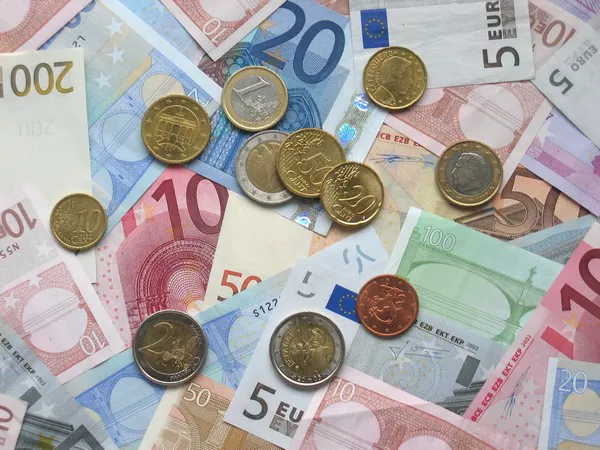Europe, with its rich history and diverse cultures, has long been a significant player on the global economic stage. As we stand on the precipice of a new era, it is crucial to analyze and understand the factors shaping the future of Europe’s economy. This article delves into key trends, challenges, and potential opportunities that will define the economic landscape of Europe in the coming years.
Technological Innovation:
The digital revolution has already transformed various sectors of the European economy, and its impact is expected to deepen in the future. Emerging technologies such as artificial intelligence, blockchain, and the Internet of Things (IoT) are poised to reshape industries, creating new opportunities and challenges. Governments and businesses alike must invest in fostering innovation and digital literacy to remain competitive on the global stage.
Moreover, the ongoing push towards a greener economy is driving technological innovation in sustainable practices. The European Union’s commitment to achieving carbon neutrality by 2050 is likely to result in increased investments in clean energy, electric mobility, and sustainable infrastructure, positioning Europe as a leader in the global fight against climate change.
Demographic Challenges:
One of the significant challenges facing Europe’s economy is an aging population and declining birth rates. This demographic shift poses potential threats to economic growth, productivity, and social welfare systems. To counteract these challenges, policymakers need to implement measures that encourage workforce participation, attract skilled immigrants, and invest in education and training programs to equip the workforce with the skills demanded by the evolving job market.
Global Trade Dynamics:
Europe has long been a major player in global trade, but geopolitical shifts and trade tensions have the potential to impact the continent’s economic future. The European Union’s ability to navigate trade relationships with key partners, including the United States, China, and the United Kingdom, will play a crucial role in determining the future trajectory of the European economy. Building and strengthening diplomatic ties, while also fostering regional partnerships, will be essential for ensuring economic stability and growth.
Post-Pandemic Recovery:
The COVID-19 pandemic has left an indelible mark on the global economy, and Europe is no exception. While the rollout of vaccines has provided a glimmer of hope, the economic recovery is a complex and ongoing process. Governments and businesses must work collaboratively to address the lingering impacts of the pandemic, including unemployment, disrupted supply chains, and changes in consumer behavior. Investing in resilient healthcare systems and preparing for future pandemics will be crucial for safeguarding the economic well-being of the continent.
Financial Sector Transformation:
The financial sector in Europe is undergoing a profound transformation, driven by technological advancements and changing consumer preferences. Fintech innovation is disrupting traditional banking models, offering new ways of conducting financial transactions and managing wealth. Regulators must strike a balance between encouraging innovation and ensuring the stability and security of the financial system. Additionally, the rise of digital currencies, including central bank digital currencies (CBDCs), poses both opportunities and challenges that must be carefully navigated.
Social and Political Dynamics:
Social and political factors play a significant role in shaping economic policies and outcomes. The rise of populist movements, the ongoing debate about the future of the European Union, and increasing calls for social justice and inclusivity are influencing the direction of economic policies. Striking a balance between economic growth and social cohesion is essential to ensure a sustainable and equitable future for Europe.
See Also Is The Euro A Stable Currency? A Comprehensive Analysis
Conclusion:
The future of Europe’s economy is intricately linked to its ability to adapt to a rapidly changing global landscape. Embracing technological innovation, addressing demographic challenges, navigating global trade dynamics, facilitating post-pandemic recovery, transforming the financial sector, and responding to social and political dynamics are key imperatives for policymakers, businesses, and citizens alike.
As Europe charts its course for the future, collaborative efforts and forward-thinking strategies will be essential to build a resilient and inclusive economy. By proactively addressing challenges and capitalizing on opportunities, Europe can continue to play a leading role in shaping the global economic landscape for years to come.


